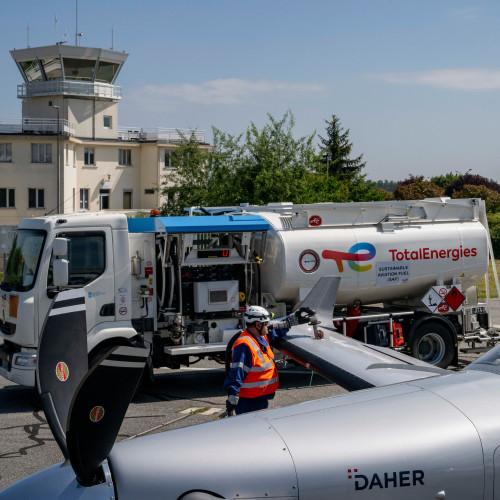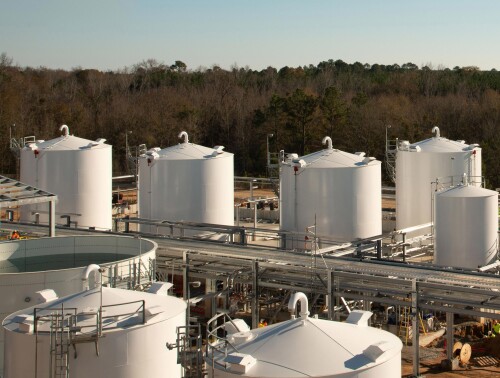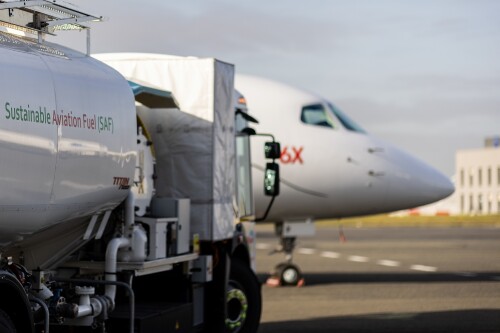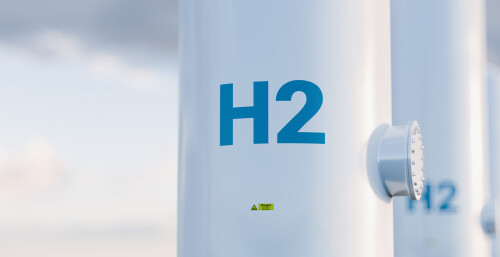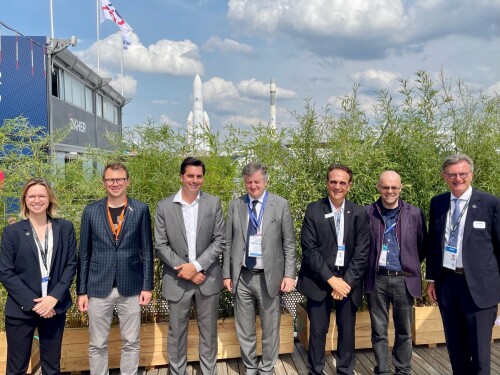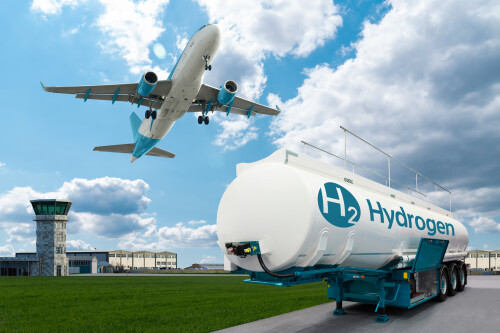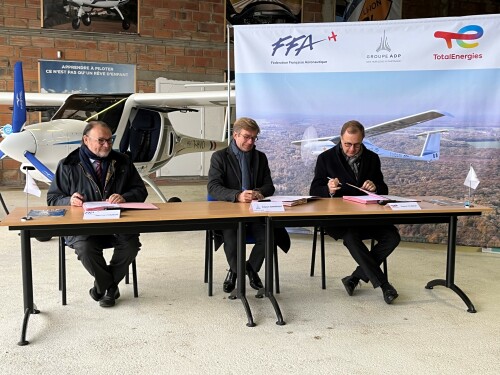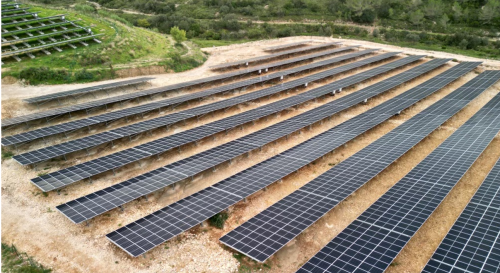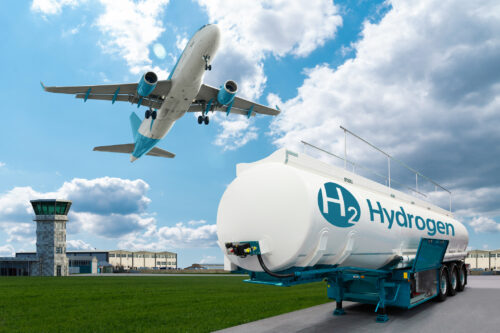- The greenhouse gas emissions reduction targets set by the Groupe ADP as part of its 2025 Pioneers roadmap have been validated by the independent Science-Based Targets Initiative (SBTi [1]), as has the 2050 target of zero net emissions across the value chain.
- These objectives cover internal emissions linked to our direct airport activity [2] (scopes 1 and 2) and external emissions linked to airport activity [3], including all companies operating on the platform, and in particular aircraft emissions on the ground and during takeoff and landing up to 3,000 feet (scope 3).
- Groupe ADP has undertaken to reduce its direct emissions from the three Paris airports [4] by 68% by 2030 and 90% by 2035, compared with the 2019 baseline, and stakeholder emissions by 27.5% in 2030 and 90% in 2050, i.e., zero net CO2 emissions throughout the value chain. Residual greenhouse gas emissions will be offset by sequestration methods.
- SBTi's validation attests that the greenhouse gas emission reduction targets set by the Groupe ADP are compatible with achieving the objectives of the Paris Agreement, decided at COP21 in December 2015, to limit global warming to +1.5 degrees.
"This validation of our objectives marks an important step for the Groupe ADP in achieving our 2025 Pioneers roadmap. All our teams are committed to decarbonizing our activities and to working on this with all the players on our airport platforms. We have a major responsibility in achieving the decarbonization objectives for aviation, in particular to enable the increasing incorporation of sustainable fuels and the hosting of more sober aircraft at our airports" said Augustin de Romanet, Chairman and CEO of the Groupe ADP.
For scopes 1 and 2 : Groupe ADP has adopted an ambitious action plan aimed at reducing energy consumption, greening vehicle fleets, and producing and using low-carbon energies.
For scope 3 : three major levers are being used to decarbonize external emissions and aircraft operations in particular: providing equipment to electrify ground operations, deploying new energies, and preparing for the arrival of hydrogen-powered aircraft.

[1] The Science-Based Targets Initiative (SBTi) is a global organization enabling companies to set ambitious emissions reduction targets consistent with the latest scientific climate data available. The initiative is a collaboration between the Carbon Disclosure Project (CDP), the United Nations Global Compact, the World Resources Institute (WRI), and the World Wide Fund for Nature (WWF).
[2] Internal emissions: Heating and powering our infrastructures, running our vehicles...
[3] External emissions: on the ground (ground access and operations), aircraft emissions (take-off, landing and taxiing), purchases of goods and services...
[4] Paris-Charles de Gaulle, Paris-Orly, Paris-Le Bourget.









